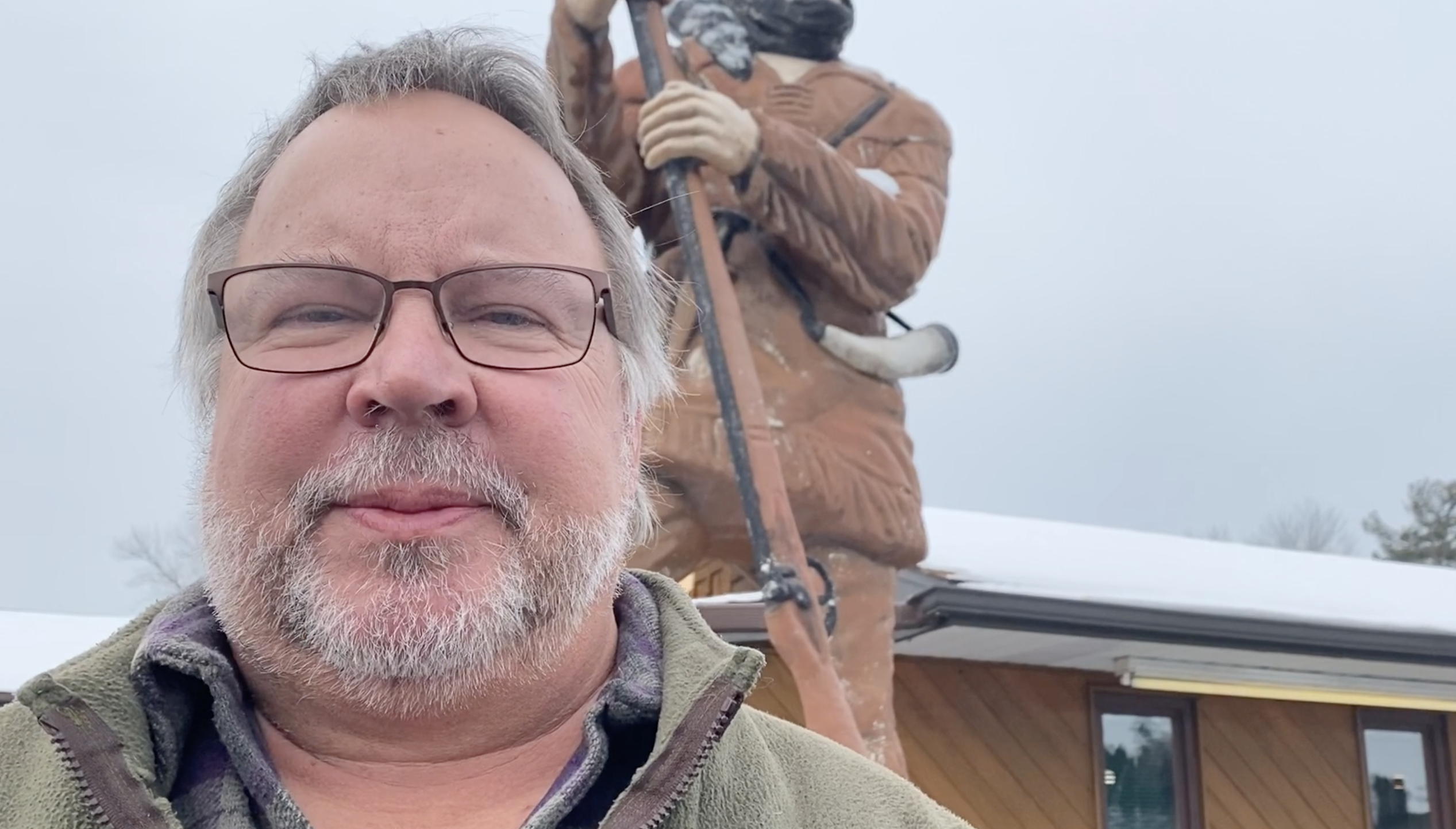AARP Hearing Center

Don Anderson of Iola wants what most small business owners in Wisconsin want – to retain valued and loyal employees by offering them a competitive living wage and more opportunities to save now so they can live more comfortably in retirement.
With that in mind, Anderson says he would strongly support state legislation that would make it easier for the nine employees at his business to save for their future through a state-facilitated workplace retirement savings plan.
“I certainly want to take care of my employees as best I can,” said Anderson, whose business is called Professional Vegetation Management Services, located just south of Plover in the small town of Almond in Portage County.
He and co-owner Tim Kennedy have been operating the business for 34 years, but so far have not set up a work-based retirement savings program for employees due to high costs and the headaches associated with administering and maintaining a plan from year to year. (Learn about other states that have adopted Work and Save plans).
“I’m at the point now where they’re taking care of me, so I want to make it as difficult as possible for them to want to leave. Every employer is concerned about worker retention. When you have good employees, you want them to stay with you as long as possible,” said Anderson, who at age 64 is nearing retirement age himself.
The company services the energy industry by providing commercial and industrial herbicide application and consulting. Eight of his nine employees are on the road eight months a year, each traveling about 35,000 miles in company trucks to properties owned by gas, electric and other utility companies in Wisconsin, Illinois, Iowa and Minnesota. At each location they suit up and spray herbicides on the overgrowth on the vast properties surrounding the secured facilities.
His non-union employees make anywhere from $20 to $28 an hour, depending on experience, with time-and-half paid for any hours after 40 each week. Annual pay ranges from $35,000 to $62,000, depending on how much overtime they put in during the weed-growing season, which runs from March through October.
The work can be hot, sweaty and grueling, especially in the summer months when the protective equipment his workers are required to wear can slow them down. They must wear fire-retardant pants and shirts, rubber boots, hard hats, and safety glasses while hauling around large hoses to apply the herbicides.
“But the hardest part isn’t the work. It’s the travel,” Anderson says. “Of the employees we’ve lost over the years, it was usually because the travel interferes with family. Very few have left because they felt their pay was too low.”
Nevertheless, Anderson would like to offer his workers more incentives to stay with him as long as possible. He believes workers at small businesses such as his should be able to easily set aside part of their paychecks for retirement, just like those at larger companies.
“If there was one extra form they could fill out when they start working here that would allow them to contribute a few bucks out of every paycheck toward their own retirement, I think they would go for that.”
While his employees are relatively young, ranging in age from 22 to 41, and probably not focused on their retirement just yet, Anderson said it’s never too early or too late to start saving. “Some of them say they need every dollar they make. But they all have lots of working years in front of them. Putting some money away now would really help them down the road.”
AARP Wisconsin is working with state legislators to build a case for a state-facilitated retirement savings option designed for employees who don’t currently have access to plans through their jobs. Such a program could aid nearly 930,000 private-sector workers in the state, according to a recent AARP survey. And 85 percent of Wisconsinites polled in the survey support the idea.
“People are 15 times more likely to save for retirement when they have automatic payroll deduction at work,” said Lisa Lamkins, AARP Wisconsin advocacy director. Lamkins plans to share the survey results and Anderson’s story with a new task force created by Governor Tony Evers that is exploring retirement savings program options.
Lamkins serves on the task force along with elected officials, consumer advocates and residents. They are expected to issue a report later this year to help guild policymakers.
“Most people can’t live off Social Security alone,” Lamkins said. “If we can set up a simple, easy-to-use program for Wisconsin workers who currently are not adding anything to their nest eggs, I think these workers will be extremely grateful when they reach their retirement age.”
More Wisconsin Stories:































































